Geneva, Feb 11 (V7N) – The World Health Organization (WHO) has announced a groundbreaking initiative to provide free cancer medications to children in middle- and low-income countries, according to a report by Singapore's Straits Times.
The program officially commenced on Tuesday, with the first shipments of cancer medicines dispatched to Mongolia and Uzbekistan. Subsequent shipments are planned for Ecuador, Jordan, Nepal, and Zambia.
Hospitals in these six countries currently treat approximately 5,000 children diagnosed with cancer, all of whom will benefit from the free medication program. This initiative aims to bridge the gap in cancer care for children in regions where access to affordable treatment remains a significant challenge.
The WHO estimates that 400,000 children worldwide are diagnosed with cancer each year. Alarmingly, 70% of these children die due to the high cost of drugs and the lack of access to essential treatment in under-resourced regions.
In its official statement, the WHO outlined its ambition to expand the program to 50 countries over the next 5 to 7 years. If successful, the initiative could provide free cancer medications to an estimated 120,000 children worldwide.
The WHO emphasized that this program is a crucial step toward reducing childhood cancer mortality in low- and middle-income countries. By removing financial barriers and ensuring consistent access to essential medications, the organization hopes to significantly improve survival rates among young cancer patients.
This initiative aligns with the WHO's broader mission to reduce health disparities and promote equitable access to life-saving treatments globally. By targeting countries where cancer care infrastructure is limited, the program aims to offer a lifeline to thousands of children who might otherwise be unable to afford necessary treatments.
Health experts and advocacy groups worldwide have welcomed the WHO's initiative, seeing it as a transformative step toward ensuring that no child dies from cancer due to lack of access to medication.
As the program rolls out, the WHO will monitor its progress and impact, with the hope of further expanding its reach and ultimately saving more lives.
END/MSS/AJ



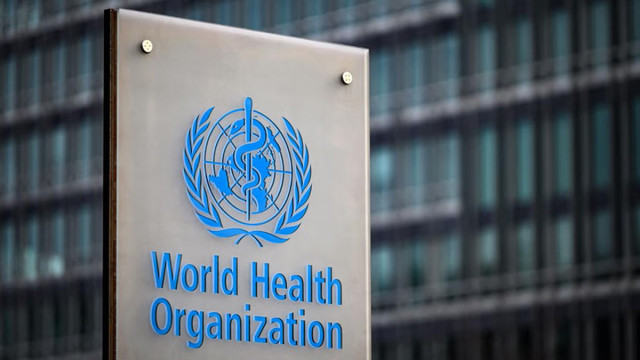
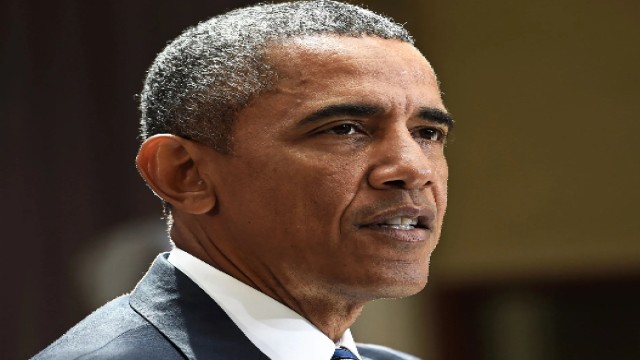



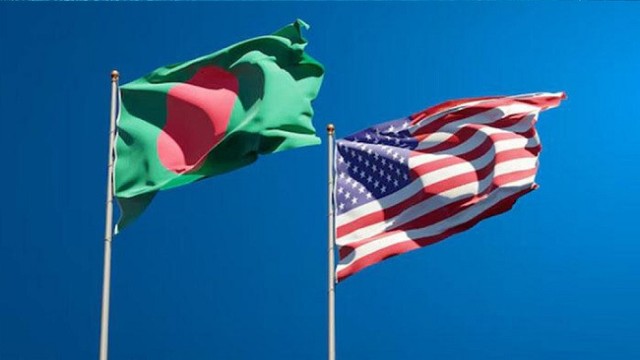
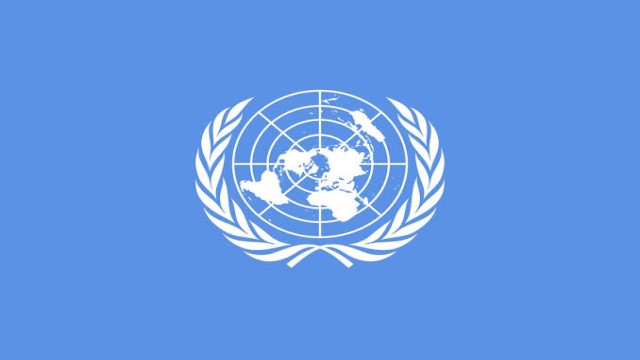

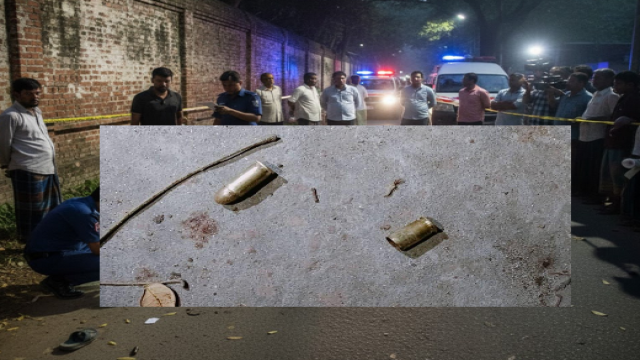
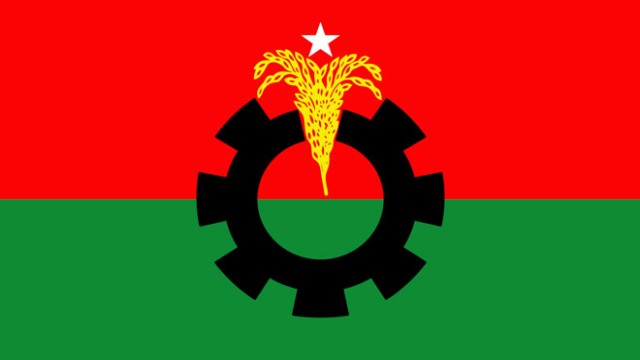
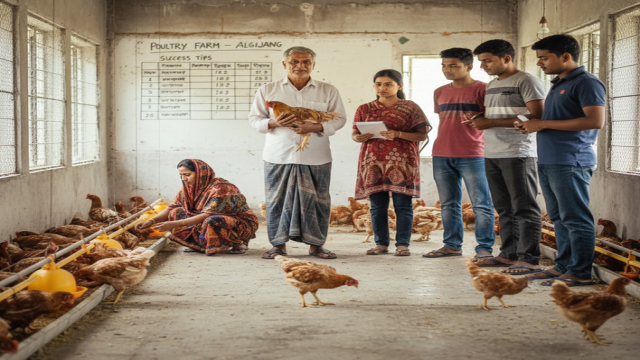



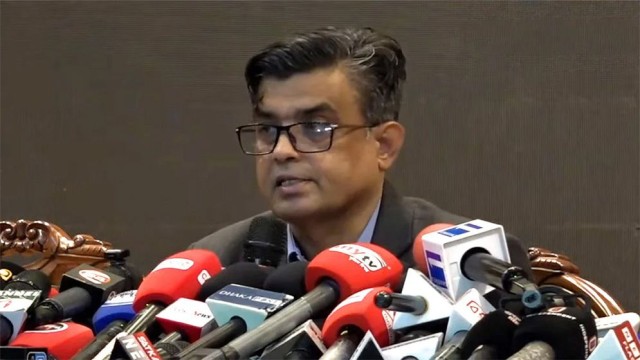
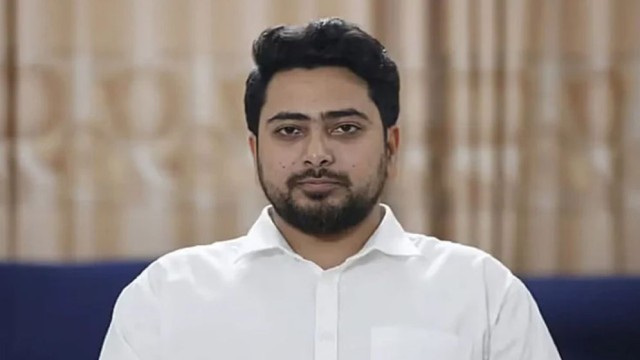










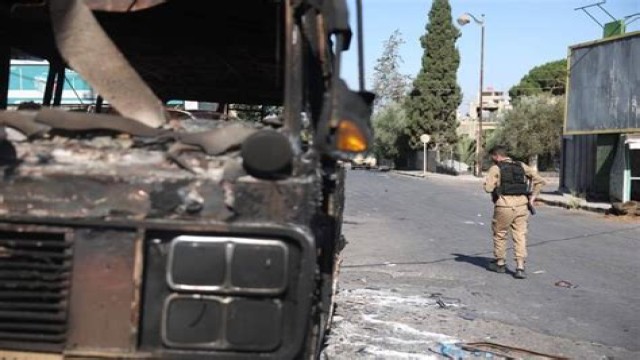
Comment: